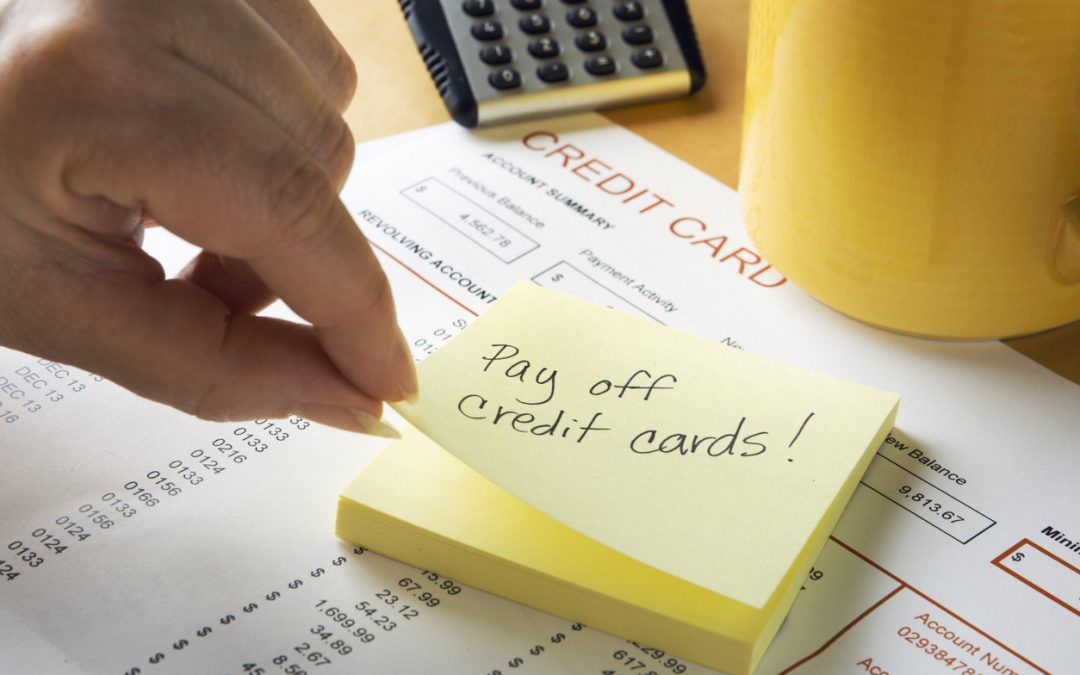Congratulations on climbing your way out of the credit card debt trap, a difficult one to sidestep.
But here’s an unfortunate truth: For as long as you carry a credit card, you carry the risk of falling back into debt.
Here are five rules that can help you avoid credit card debt for good.
1. Always make credit card payments on time
Making timely payments helps you avoid unnecessary late fees, interest rate increases, and credit score issues.
Track your credit card statement amounts and due dates. Visually remind yourself by putting the info on your calendar or on a sticky note on the fridge.
2. Pay off the full monthly credit card debt
Paying off your balance in full each month is another sure way to avoid credit card debt. The key? Never spend more than what you can pay off at the end of the month.
Then reap the benefits: Paying off your credit card’s balance allows you to avoid paying interest, which can quickly add up, and helps you establish a good credit history. Good credit ensures that you have access to quality loans, keeps your interest rates low, and so on.
3. Understand your credit card terms to avoid debt
Knowing how your credit card works is essential to staying out of debt. It can help you keep track of important dates, such as when promotional interest rates will go up, when you’ll be charged fees, and how long grace periods are — the latter is important to know if ever you’re late on a payment.
4. Buy only what you can afford in cash
If you don’t have enough cash in your debit accounts to make a purchase, resist the urge to pull out your credit card.
Only make credit card purchases you can afford to pay off that month. In addition, keeping your spending to a minimum will help you make sure you have enough available cash in your checking accounts to pay off your credit card’s full balance every month.
5. Prioritize your spending
The most important rule to bear in mind when you find yourself free of credit card debt is to prioritize your spending.
Remember, bills and essential expenses come first. A good budget will help you determine how much money you have to spend, so take the time to create a monthly spending plan.
Pro tip! Creating a personal budget sheet using a spreadsheet software such as Excel or this template from the Federal Trade Commission can help you see how much money you’re making, where that money is going, and how much you’re saving. You can use your budget sheet to see what expenses you can trim so that you can pay off your monthly balance and grow your savings.
Bonus: Start a savings account to avoid credit card debt
Why should you have a savings account? One reason is to establish an emergency fund.
If you get in a car accident or need emergency surgery, you’re going to need a lot of money to pay off those bills. If you have an emergency fund growing in a savings account, you can use that fund instead of your credit card to pay off emergency expenses, which are leading culprits of debt creation.
Using your budget sheet, set aside a portion of your monthly savings for your emergency fund.
The bottom line
Knowing how to stay out of credit card debt requires common sense and diligence. Unfortunately, falling back into debt can happen quickly in a society that makes it easy to spend more than you make.
Congratulations again on making it out of credit card debt — it’s taken a lot of hard work, discipline and patience to get here! By following these simple rules, you should be able to successfully stay on your path to financial freedom.




